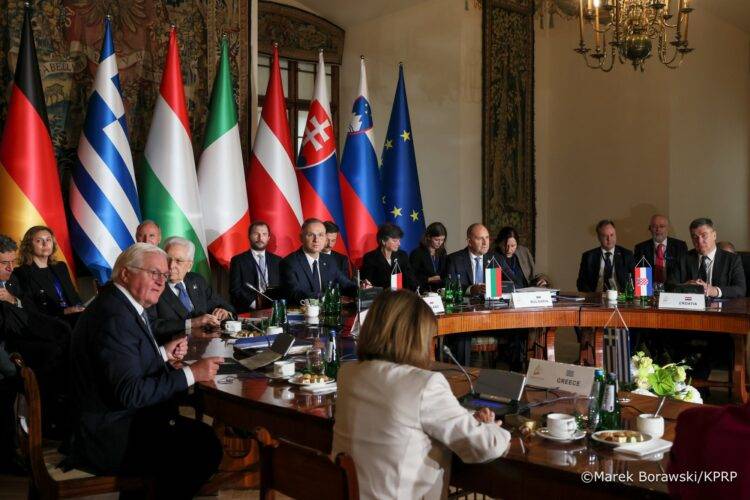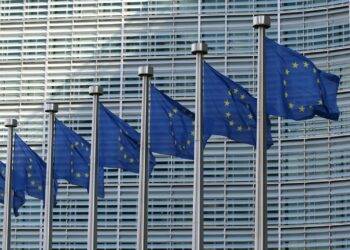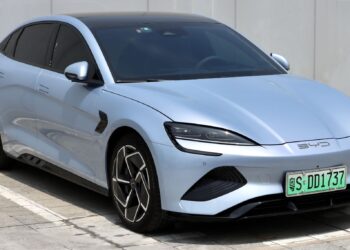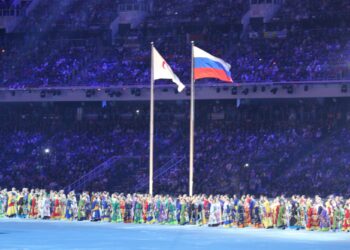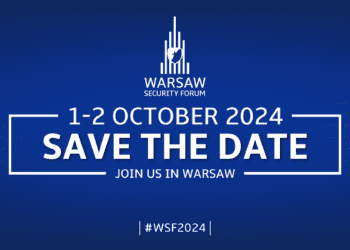Eleven European heads of state gathered at Wawel Castle in Kraków on Friday for the annual Arraiolos Group summit, an informal meeting focused on European and global issues. The discussions this year centered on strengthening transatlantic relations in the face of global challenges, as well as future EU enlargement plans.
The summit brought together presidents from Poland, Italy, Bulgaria, Germany, Croatia, Greece, Estonia, Slovenia, Latvia, Hungary, and Slovakia. Polish President Andrzej Duda welcomed his counterparts to the historic castle, with the official proceedings starting in the castle’s Parliamentary Hall following a group photo of the leaders.
This year’s meeting holds special significance as Poland is set to assume the presidency of the Council of the European Union in the first half of 2025. According to Mieszko Pawlak, head of the Presidential Bureau of International Policy, the summit’s focus on transatlantic relations directly ties into Poland’s top priority for its upcoming EU presidency. The importance of close cooperation between the European Union and the United States was highlighted, particularly with the U.S. presidential elections only a month away.
Strengthening Transatlantic Ties Amid Global Challenges
The leaders’ discussions at the summit revolved around the growing importance of transatlantic relations, especially in light of geopolitical shifts and emerging global crises. These ties are crucial for addressing collective challenges such as security, economic stability, and climate change.
“Poland being the host of this summit is natural, given the upcoming Polish EU presidency, which will emphasize enhancing transatlantic relations,” Pawlak stated. He emphasized that this topic would be central to Poland’s EU agenda in 2025, along with the wider goal of deepening cooperation with the U.S.
EU Enlargement and Future Relations
Apart from transatlantic relations, another critical issue raised at the summit was the prospect of further expanding the European Union. The discussions covered the potential accession of Ukraine, Moldova, and Georgia, as well as countries from the Western Balkans. The expansion of the EU has been an ongoing debate among member states, and the future of these countries in the Union remains a priority, particularly as they navigate challenges linked to regional security and governance reforms.
Poland, in its role as an emerging leader within the EU, sees the inclusion of these nations as vital for the Union’s long-term stability and growth. The Arraiolos Group leaders also reviewed existing EU policies and discussed potential improvements to ensure that new members can integrate smoothly.
A Key Diplomatic Event for Poland
The Arraiolos summit is seen as one of the most significant diplomatic events hosted in Poland this year, further underlining the country’s growing influence on the international stage. The group, which was founded in 2003, gathers European heads of state annually to debate key issues without binding resolutions. These informal meetings serve as a platform for deeper cooperation among EU nations.
The summit will conclude with a formal dinner hosted by President Duda and his wife, Agata Kornhauser-Duda, after a day of official talks and sightseeing at Wawel Castle, including visits to the Royal Treasury and Wawel Cathedral.
As Poland prepares for its EU presidency in 2025, events like the Arraiolos summit showcase the country’s active role in shaping the future of Europe, both in terms of its relationships with transatlantic partners and the broader European community.

